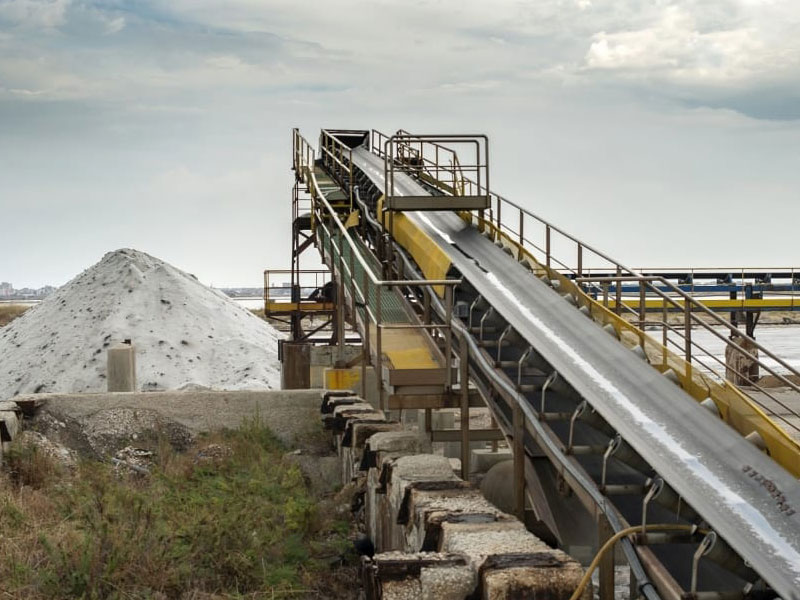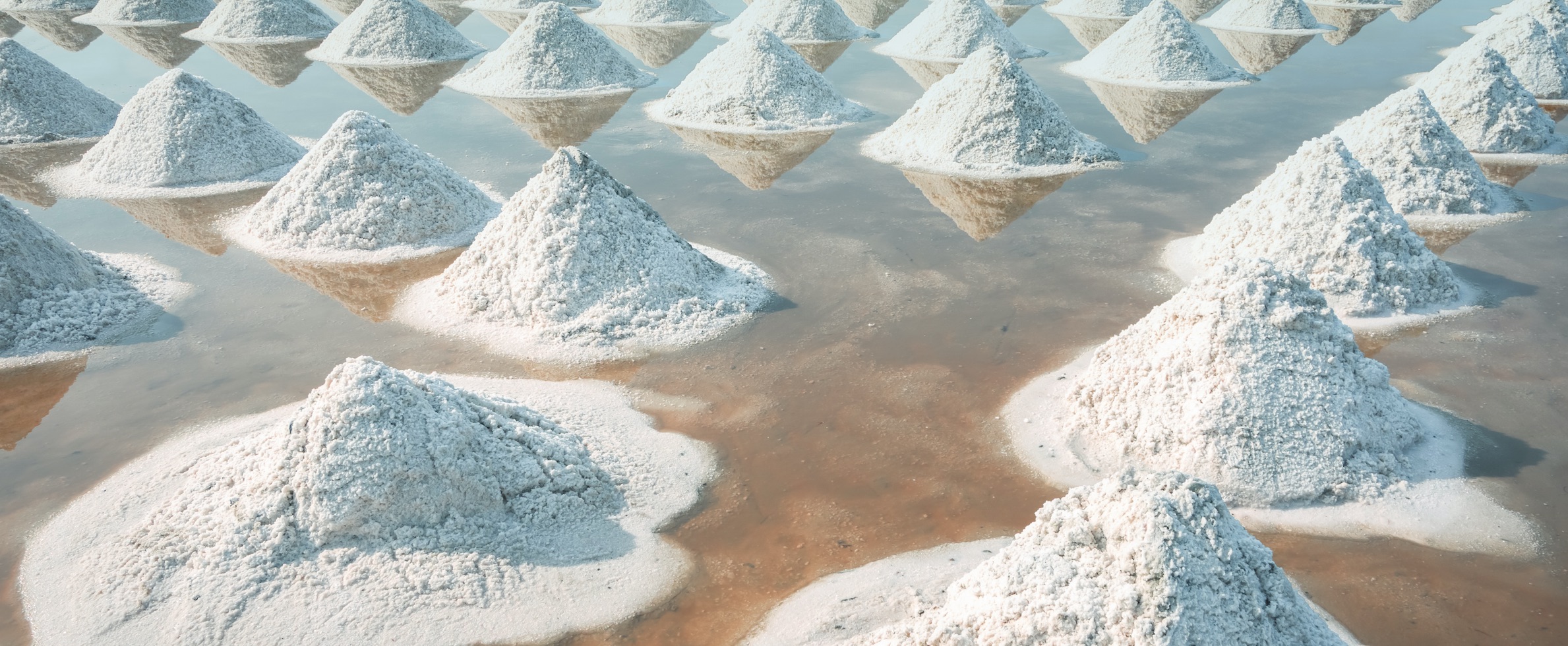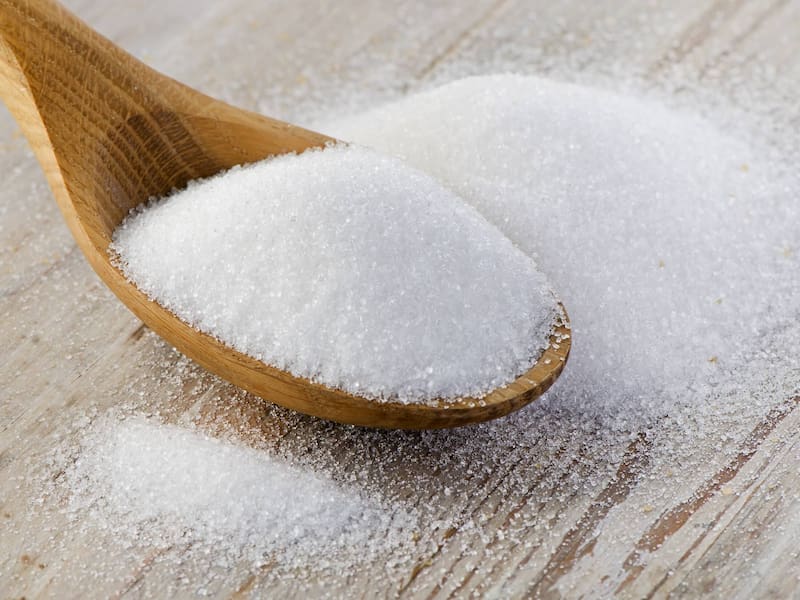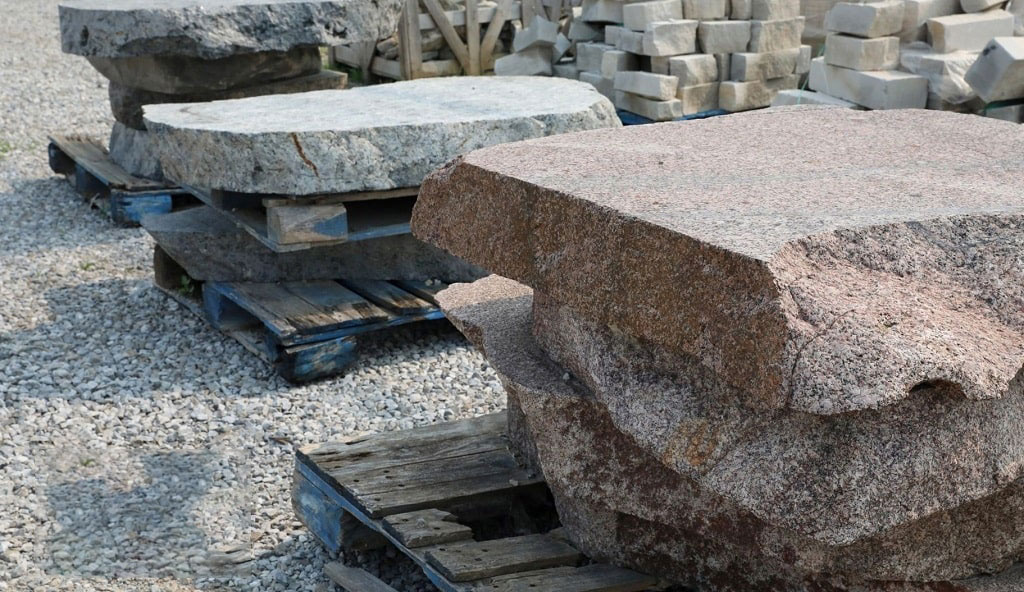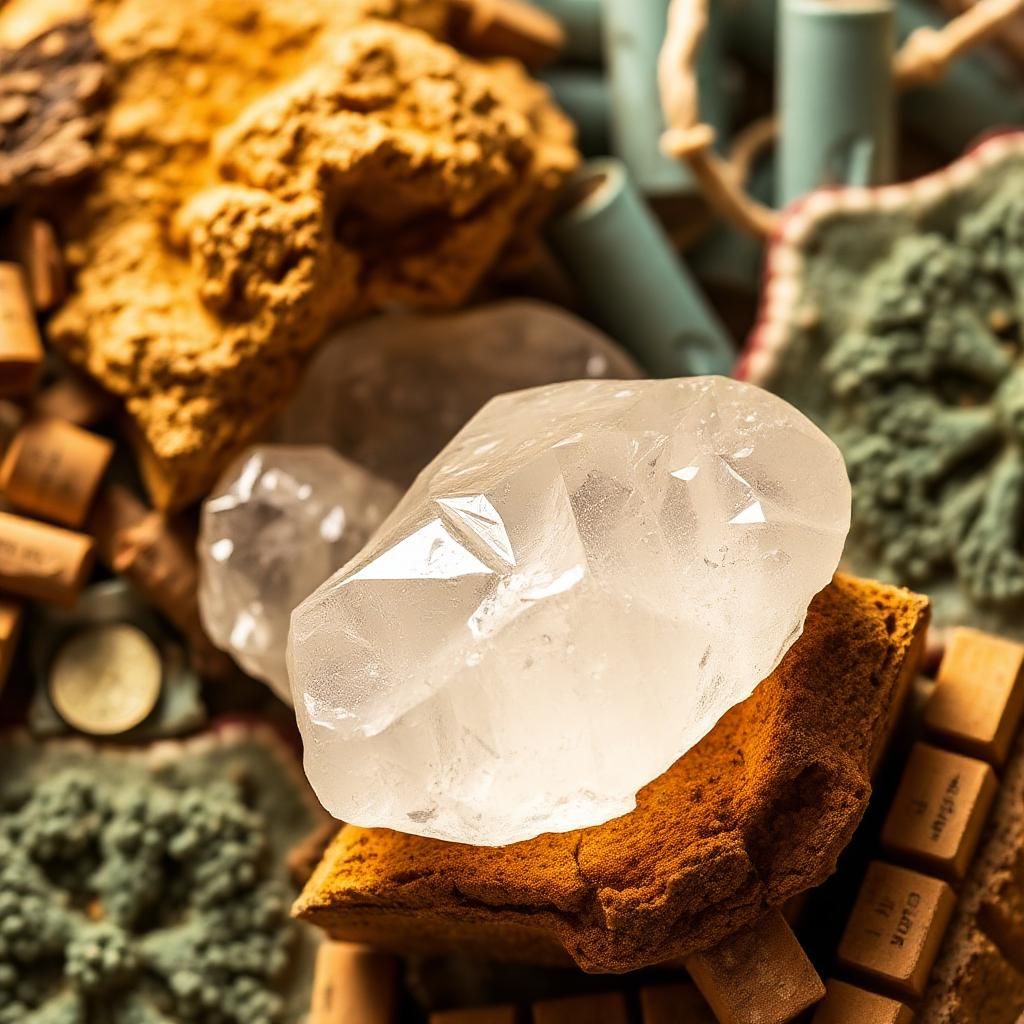What is Industrial Salt
Industrial salt is a highly purified form of sodium chloride (NaCl) that is extracted from natural sources, such as salt mines, seawater, or brine wells. It is utilized in numerous industrial processes and has a wide range of applications in sectors like chemicals, food, water treatment, and de-icing. Unlike table salt, which is primarily used for human consumption, industrial salt is not intended for food-grade purposes but is essential for industrial activities. you can see the salt supplier in vornaco.
Introduction to Industrial Salt
Industrial salt, also known as sodium chloride, is a critical raw material widely used across various industries, including chemical production, water treatment, and food processing. Despite being a common compound, industrial salt holds immense value due to its diverse applications and versatility. This article of vorna website explores what industrial salt is, the different types, its production processes, uses, environmental impacts, and more
Types of Industrial Salt
Industrial salt comes in several forms, each suited for specific applications. The major types of industrial salt are:
1. Rock Salt
Rock salt, also known as halite, is mined from underground salt deposits. It is one of the most common types of industrial salt and is primarily used for road de-icing during winter months. The salt crystals are typically large and impure, but they are still highly effective in melting ice and snow on roads, highways, and runways.
2. Solar Salt
Solar salt is produced through the evaporation of seawater using solar energy. The process involves capturing seawater in shallow ponds and allowing the sun to evaporate the water, leaving behind pure salt crystals. This type of salt is commonly used in water treatment and chemical processes due to its relatively high purity.
3. Vacuum Salt
Vacuum salt is produced by evaporating brine under vacuum conditions. This method results in extremely pure salt, making it ideal for use in food processing, pharmaceuticals, and chemical industries. It is also known for its fine-grain texture and high solubility.
Production Process of Industrial Salt
The production of industrial salt involves several steps, depending on the source of the salt. The basic processes include:
1. Mining
Rock salt is extracted from underground mines, where large deposits of salt are found. The mining process involves drilling, blasting, and extracting the salt, which is then crushed and processed for various industrial uses.
2. Evaporation
In the case of solar salt, seawater is allowed to evaporate under the sun’s heat. In contrast, vacuum salt is produced by evaporating brine under controlled vacuum conditions, which reduces the boiling point and speeds up the evaporation process.
3. Refining
After extraction or evaporation, the salt undergoes a refining process to remove impurities. This may involve washing the salt, removing unwanted minerals, and ensuring it meets the required quality standards for industrial use.
you can read more about minerals like what is kaolin on vornaco.
uses of Industrial Salt
Industrial salt is incredibly versatile and has numerous applications across various industries. Some of the key uses include:
1. Industrial salt in Chemical Industry
One of the largest uses of industrial salt is in the chemical industry. Salt is used in the production of chemicals such as sodium hydroxide (caustic soda), chlorine, and hydrochloric acid. These chemicals are essential in manufacturing products ranging from plastics and detergents to pharmaceuticals and textiles.
2. Water Treatment
Industrial salt plays a crucial role in water softening and purification. It is used in water treatment plants to remove impurities and reduce hardness in water. Softened water is essential for industrial processes, as hard water can cause scale buildup in pipes and machinery, leading to inefficiency and damage.
3. Food Industry
While industrial salt is not intended for direct consumption, it is used in the food industry for food preservation, seasoning, and curing meats. It helps extend the shelf life of products like cheeses, pickles, and canned foods. Salt is also used in the production of table salt for human consumption.
4. De-Icing and Snow Removal
During the winter months, industrial salt is widely used for de-icing roads, highways, and airports. It helps prevent ice buildup, improving road safety and reducing accidents. Rock salt, in particular, is the most commonly used type for this purpose.
5. Oil and Gas Industry
In the oil and gas industry, industrial salt is used in drilling operations. Salt is often added to drilling fluids to increase their density and help lubricate the drilling process. It is also used in oil recovery techniques, such as enhanced oil recovery (EOR).
6. Agricultural Use
Salt is sometimes used in agriculture to improve soil quality, enhance water retention, and control pests. Additionally, salt is used in the production of fertilizers and other agricultural chemicals.
read more about yellow barite
Industrial Salt Quality Standards
Industrial salt must meet specific quality standards to ensure its effectiveness in various applications. The key quality parameters include:
1. Purity
The purity of industrial salt is crucial, especially in applications like chemical manufacturing and food processing. High-purity salt ensures that the final products are free from contaminants that could compromise quality or safety.
2. Granulation
The size and texture of salt crystals are important for different industrial applications. For example, fine-grain salt is preferred for use in food processing and water treatment, while coarser salt is typically used for de-icing.
3. Impurities
Industrial salt must be free from harmful impurities such as heavy metals, moisture, and organic contaminants. Refining processes help remove these impurities to ensure the salt meets the required quality standards.
Environmental Impact of Industrial Salt
While industrial salt is indispensable in many sectors, its extraction and production can have significant environmental impacts. These include:
1. Habitat Disruption
Mining rock salt can disrupt local ecosystems, as large areas of land are excavated to access salt deposits. This can lead to the destruction of habitats for wildlife and the depletion of natural resources.
2. Soil and Water Pollution
Excessive use of industrial salt in agriculture and de-icing can lead to soil salinization and water pollution. Runoff from salted roads can contaminate nearby rivers, lakes, and groundwater, affecting the quality of water and the health of aquatic ecosystems.
3. Greenhouse Gas Emissions
The production of vacuum salt, especially through evaporation processes, requires significant energy input, leading to greenhouse gas emissions. This contributes to climate change and other environmental issues.
Safety and Handling of Industrial Salt
Industrial salt, while essential for many industries, must be handled with care. Proper safety measures should be taken to avoid accidents, as the salt can be harmful in high concentrations or when inhaled. Workers handling industrial salt should wear protective equipment, including gloves, masks, and goggles, to minimize exposure.
The Future of Industrial Salt
As industries continue to evolve, the demand for industrial salt is expected to grow. New technologies and sustainable practices are being developed to reduce the environmental impact of salt production and improve efficiency. Additionally, the growing need for water treatment and de-icing solutions in urban areas will likely drive further demand for industrial salt.
Conclusion
In conclusion, industrial salt is an indispensable component in multiple industries, contributing to the production of chemicals, the purification of water, and the preservation of food. Its significance cannot be overstated, and its quality and purity are paramount to ensure the safety and efficacy of various processes.

